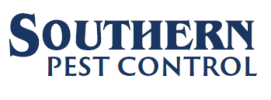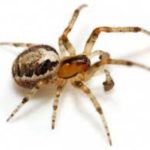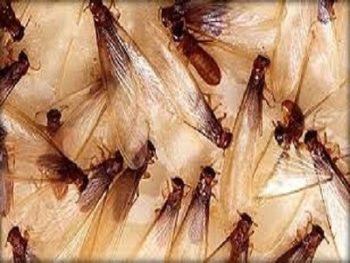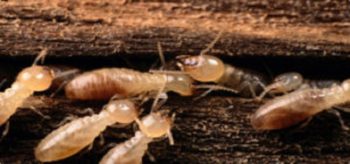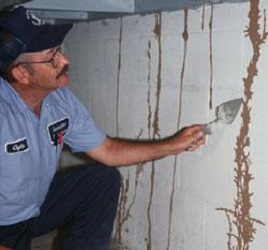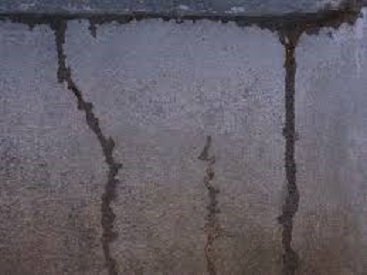
Termites range from 1/4 to 1/2 an inch in length. The queens and kings are larger, capable of reaching over one inch long. The workers are typically soft-bodied and pale-colored. Flying termites, also called reproductives, have two pairs of prominent wings.
There are three major types found in the United States: subterranean,
drywood, and damp wood. Formosans are considered a type of subterranean. There are over 2,000 different species, which all have distinct scientific name.
Each type has its own dietary preferences. Subterranean prefer softwoods but may invade most species of wood. Damp woods generally stay close to the ground, but will choose moist, decaying wood anywhere it is found. Dry woods are often found in attics and require little moisture in the wood they eat.
They are detritivores, or detritus feeders. They feed on dead plants and
trees. They get nutrients from cellulose, an organic fiber found
in wood and plant matter. Wood makes up the majority of the pests’
diet, although termites also eat other materials such as paper, plastic, and
drywall. Most species prefer dead wood, but some termites feed on living trees.
Commonly, they live in wooden structures, decayed trees, fallen timber, and
soil. Habitats vary among species as some require different amounts of
moisture. The pests are found in greater numbers in tropical regions where
living conditions for termites is optimal. Subterranean are the most abundant variety and can be found throughout the United States. Both damp wood and drywood species are generally more localized in the Southern states.
Subterranean homes are usually formed in soil. Within these mounds, they
build elaborate tunnel systems and mud tunnels through which they access
above-ground food sources. Drywood termites live within the wood they
consume and oftentimes infest walls and furniture. Subterranean are
constantly forging tunnels under your ground around your home.
When a colony has matured, winged, swarming termites can
be seen around windows and doors. Winged ones are highly attracted to sources of light and are most active in springtime. After mating, these locate a new breeding site and create another colony, spreading infestations throughout multiple locations in the case of drywood termites. The swarming season in the Southern states is normally in May.
We at Southern Pest Control have been controlling termites
in South Mississippi for over 40 years. Our technicians are well trained to
handle all your termite problems. Please call us at 800 527-9832
to give you a Free Estimate to control termites around your home.
Need Pest Control Services?
We'll call you! Leave your information below.
